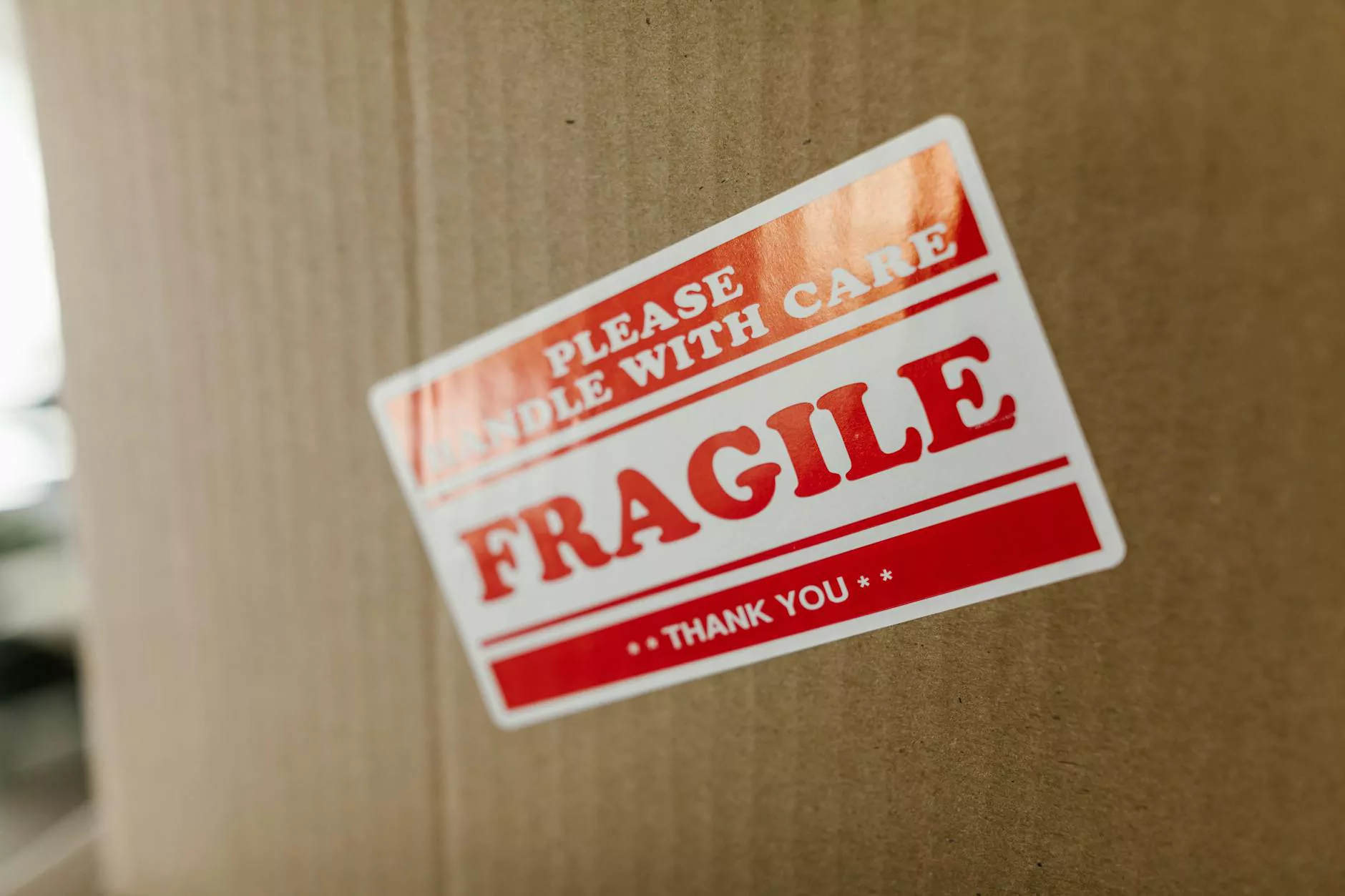The Impact of False Documentation on Businesses

In today's fast-paced business landscape, the integrity of documentation plays a crucial role in maintaining the reputation and legality of a business. The term false documentation refers to any documents that misrepresent the truth or contain inaccuracies with the intent to deceive. This article explores the implications of false documentation in the realm of legal services, the challenges it poses to businesses, and effective strategies for prevention and resolution.
Understanding False Documentation
False documentation can manifest in several forms, including forged signatures, falsified financial statements, and inaccurate legal records. Understanding the various types of false documentation is essential for businesses to develop effective strategies for identification and mitigation:
- Forged Documents: These are documents that have been altered or created without proper authorization.
- Falsified Financial Statements: Misrepresenting financial data to manipulate investors or stakeholders.
- Inaccurate Contracts: Contracts that contain misleading terms or conditions not agreed upon by all parties.
- Fake Identifications: Using false identification to gain access to restricted areas or information.
The Consequences of False Documentation
The repercussions of relying on or creating false documentation can be severe. For businesses, the risks are multifaceted, affecting legal standing, financial health, and public perception.
Legal Consequences
Engaging in practices involving false documentation can lead to significant legal consequences:
- Criminal Charges: Individuals or businesses may face charges of fraud, forgery, or other criminal offenses.
- Civil Litigation: Victims of false documentation may pursue civil lawsuits seeking damages.
- Regulatory Penalties: Regulatory bodies may impose fines and sanctions on businesses engaging in deceptive practices.
Financial Repercussions
The financial implications of false documentation can be devastating:
- Loss of Revenue: False documentation can lead to loss of business contracts or investors.
- Increased Costs: Legal fees and settlements can drain financial resources.
- Insurance Issues: Insurance claims related to fraud may be denied, leaving businesses vulnerable.
Reputational Damage
The reputation of a business is one of its most valuable assets. The fallout from incidents involving false documentation can result in:
- Loss of Trust: Clients and partners may lose confidence in a company known for deceptive practices.
- Negative Publicity: Media coverage surrounding legal issues can tarnish a business's image.
- Impact on Future Opportunities: Companies may find it challenging to secure partnerships or contracts as a result of their tarnished reputation.
Recognizing False Documentation
Identifying false documentation within a business is essential to mitigate its impact. Here are some common signs to look for:
- Inconsistencies: Look for discrepancies in signatures, dates, and figures.
- Unusual Language: Official documents should use formal language; informal wording may indicate inauthenticity.
- Lack of Supporting Evidence: Legitimate documentation often comes with supporting documents. Verify all corroborating materials.
Preventive Strategies Against False Documentation
Prevention is the best defense against false documentation. Here are effective strategies businesses can implement:
Implementing Robust Verification Processes
Every document should undergo a stringent verification process:
- Identify Reliable Sources: Ensure that documentation is verified by reputable and trusted sources.
- Cross-Check Information: Compare documents against official records to identify discrepancies.
Conduct Regular Audits
Regular audits of company documentation help to identify potential issues:
- Internal Reviews: Create a system of checks and balances within the company to ensure documents are frequently reviewed.
- External Audits: Hire independent auditors to evaluate documentation and practices objectively.
Employee Training and Awareness
Training employees to recognize and report false documentation is critical:
- Education Programs: Provide training sessions about the importance of maintaining document integrity.
- Reporting Mechanisms: Establish a system for employees to report suspected false documentation without fear of reprisal.
Employ Legal Fact-Checking Services
Your legal services provider, like My Global Document, can be an invaluable resource:
- Expert Legal Advice: Always consult legal professionals before finalizing important documents.
- Document Review: Utilize legal services for thorough document reviews to ensure compliance with laws and regulations.
What to Do If You Encounter False Documentation
Encountering false documentation can be alarming. Here’s how to respond effectively:
Assess the Situation
Carefully examine the documents in question. Determine the extent and implications of the discrepancy:
- Gather Evidence: Collect all related documents and communications that support your assessment.
- Consult Legal Counsel: Engage with legal professionals for advice on how to proceed based on your jurisdiction.
Notify Relevant Stakeholders
If false documentation has the potential to affect partners or clients, transparency is key:
- Communicate the Issue: Inform stakeholders about the situation, so they are not caught off guard.
- Outline Remedial Actions: Share how your company plans to address and rectify the documentation issue.
Take Corrective Action
Implement necessary changes once the false documentation is confirmed:
- Reconcile Records: Amend any inconsistencies in the documentation.
- Update Internal Policies: Revise processes to prevent future occurrences.
Conclusion
The ramifications of false documentation are significant and can disrupt the normal functioning of a business. By understanding what constitutes false documentation, recognizing its warning signs, and implementing robust preventive measures, businesses can protect themselves from the negative consequences. Investing in legal services like those offered by My Global Document can provide essential insights and safeguards against this issue. Taking proactive steps ensures not only the integrity of organizational operations but also fosters a trustworthy relationship with stakeholders and clients.
false documentation








